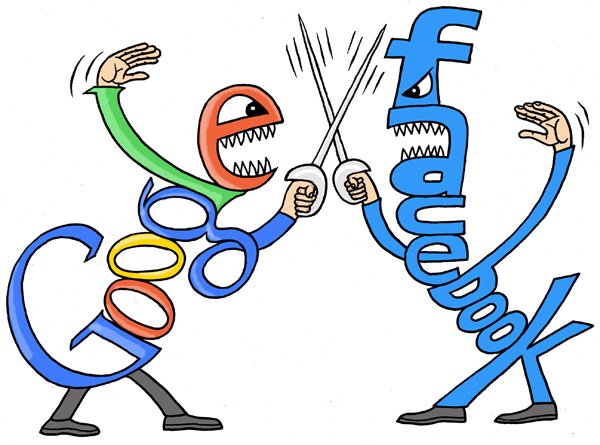At a recent forum on the Internet industry’s support for green energy, Facebook and Google representatives could not explain why their companies are members of a powerful lobbying organization that opposes that mission. This year, Google and Facebook became members of the American Legislative Exchange Council (ALEC), a nationwide lobbying group that links corporations and conservative foundations with Republican legislators at the state level.
When I asked why, Facebook’s Bill Weihl replied with reference to other Facebook partners, including Businesses for Social Responsibility (BSR), the World Resources Institute (WRI), and the World Wildlife Fund (WWF):
We’re not an advocacy or a single-issue organization. We’re a company. We are members of many different organizations, that one included. We don’t necessarily agree with everything that these organizations says and certainly individual employees may not, but we do an enormous amount of good and we’re really proud of the work we’ve done through other organizations. We work with Greenpeace, BSR, WRI, WWF, and et cetera.
Watch:
“It’s certainly not because we’re trying to oppose renewable energy legislation,” Weihl concluded, when asked why Facebook is a member of ALEC.
Weihl had earlier noted that Facebook has the explicit goal of being 25% powered by renewable energy by 2015, after which it will set another benchmark. ALEC is working to roll back renewable power standards that support Facebook’s targets.
“The DNA of Google isn’t just about being an environmental steward,” Google’s Gary Demasi said during the panel about climate change. “It’s a basic fundamental issue for the company.”
Like Weihl, Demasi couldn’t explain why Google was a member of ALEC, though he expressed discomfort with the company’s action.
“I would say the same as Bill [Weihl],” Demasi told me when asked why Google supports ALEC. Although he may not be happy with every decision the company makes and doesn’t control the policy arm of Google, Demasi said, “we’re part of policy discussions.”
ALEC’s corporate board is dominated by tobacco and fossil-fuel interests, including Altria, Exxon Mobil, Peabody Energy, and Koch Industries. In its model legislation and policy briefs, ALEC questions the science of climate change and opposes renewable energy standards, regulation of greenhouse pollution, and other climate initiatives.
Google’s policy division is run by former Republican representative Susan Molinari, whose arrival in 2012 marked a rightward shift in Google’s approach to climate policy.
The forum, “Greening the Internet,” was hosted by the environmental organization Greenpeace at the San Francisco Exploratorium on November 13th. Greenpeace is simultaneously challenging the ALEC agenda, calling out companies like Google for supporting the politics of climate denial, and encouraging internet companies to “clean the cloud.” Greenpeace’s “Cool IT” rankings take political advocacy as a major concern; in 2012 Google had the top score among all tech companies in part because companies such as Microsoft and AT&T were members of ALEC.
The panelists, from Google, Facebook, Rackspace, Box, and NREL, explained why their companies have set the goal of having their data centers be powered entirely by renewable energy.
Box’s Andy Broer made the moral case for acting to reduce climate pollution.
“I’ve got kids,” he said. “We’re stewards here. We need to make certain what we’re doing today doesn’t ruin the future.”
The Google-and-Facebook-sponsored ALEC is hosting its annual Washington DC Summit from December 4-6, featuring climate-change deniers Sen. Ted Cruz (R-TX), Rep. Paul Ryan (R-WI), and Gov. Mike Pence (R-IN).
Forecast the Facts has launched a petition calling on Google to drop ALEC as part of its “Don’t Fund Evil” campaign that began when Google held a fundraiser in July for Sen. Jim Inhofe (R-OK). Tell Google: Don’t fund evil.



